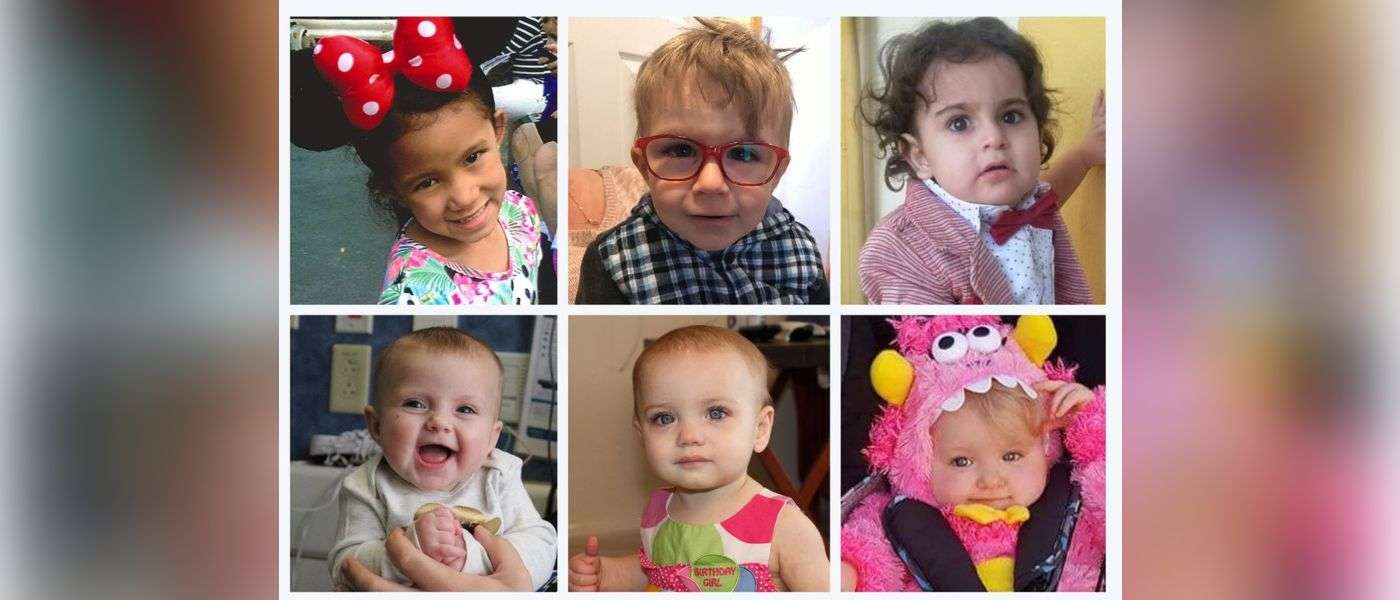Uganda Joins African Nations Using Drones to Deliver Life Saving Medical Supplies to More Than 22 Million People
Tackling high HIV prevalence on the islands of Lake Victoria, Uganda health authorities are using medical drones to deliver.

An experimental form of gene therapy developed by a team of researchers from UCLA and Great Ormond Street Hospital in London has successfully treated 48 of 50 children born with a rare and deadly inherited disorder that leaves them without an immune system.
Severe combined immunodeficiency due to adenosine deaminase deficiency, or ADA-SCID, is caused by mutations in the ADA gene that creates the enzyme adenosine deaminase— which is essential to a functioning immune system.
For children with the condition, even day-to-day activities like going to school or playing with friends can lead to dangerous, life-threatening infections. If untreated, ADA-SCID can be fatal within the first two years of life.
The investigational gene therapy method involves first collecting some of the child's blood-forming stem cells, which have the potential to create all types of blood and immune cells.
Next, using an approach developed by the research team, a new copy of the ADA gene is delivered into the stem cells by a modified lentivirus, or "viral vector." The corrected cells are then returned to the child's body, where they are intended to produce a continual supply of healthy immune cells capable of fighting infection.
In a study published in the New England Journal of Medicine, co-lead authors Dr. Donald Kohn of UCLA and Dr. Claire Booth of Great Ormond Street Hospital, or GOSH, report two- and three-year outcomes for children treated with the investigational lentiviral gene therapy in clinical trials between 2012 and 2017.
"Between all three clinical trials, 50 patients were treated, and the overall results were very encouraging," said Kohn, a distinguished professor of microbiology, immunology and molecular genetics at UCLA. "All the patients are alive and well, and in more than 95% of them, the therapy appears to have corrected their underlying immune system problems."
No complications or treatment-limiting events were reported among the patients. Most adverse events were mild or moderate, and were considered to be related to routine procedures performed in preparation for the experimental gene therapy treatment or effects of the immune system rebuilding.
"Treatment was successful in all but two of the 50 cases, and both of those children were able to return to current standard-of care-therapies and treatments, with one eventually receiving a bone marrow transplant," said Kohn, who has been working to develop gene therapies for ADA-SCID and other blood diseases for 35 years.
The investigational gene therapy—a one-time procedure that the researchers say may provide lifelong results—is a welcome potential new treatment option for children with ADA-SCID, who otherwise must undergo once- or twice-weekly injections of the ADA enzyme until a matched bone marrow donor, usually a close family member, can be found.
If a donor is not available, patients require lifelong injections, along with antibiotics, antifungal medications, and monthly infusions of immunoglobulin—which contains infection-fighting antibodies. These treatments are expensive and therefore out of reach for patients in many countries.
"If approved in the future, this treatment could be standard for ADA-SCID, and potentially many other genetic conditions, removing the need to find a matched donor for a bone marrow transplant and the toxic side effects often associated with that treatment," said Booth, a GOSH consultant in pediatric immunology and gene therapy.
Source: UCLA
SHARE This Promising Research With Friends…
Be the first to comment